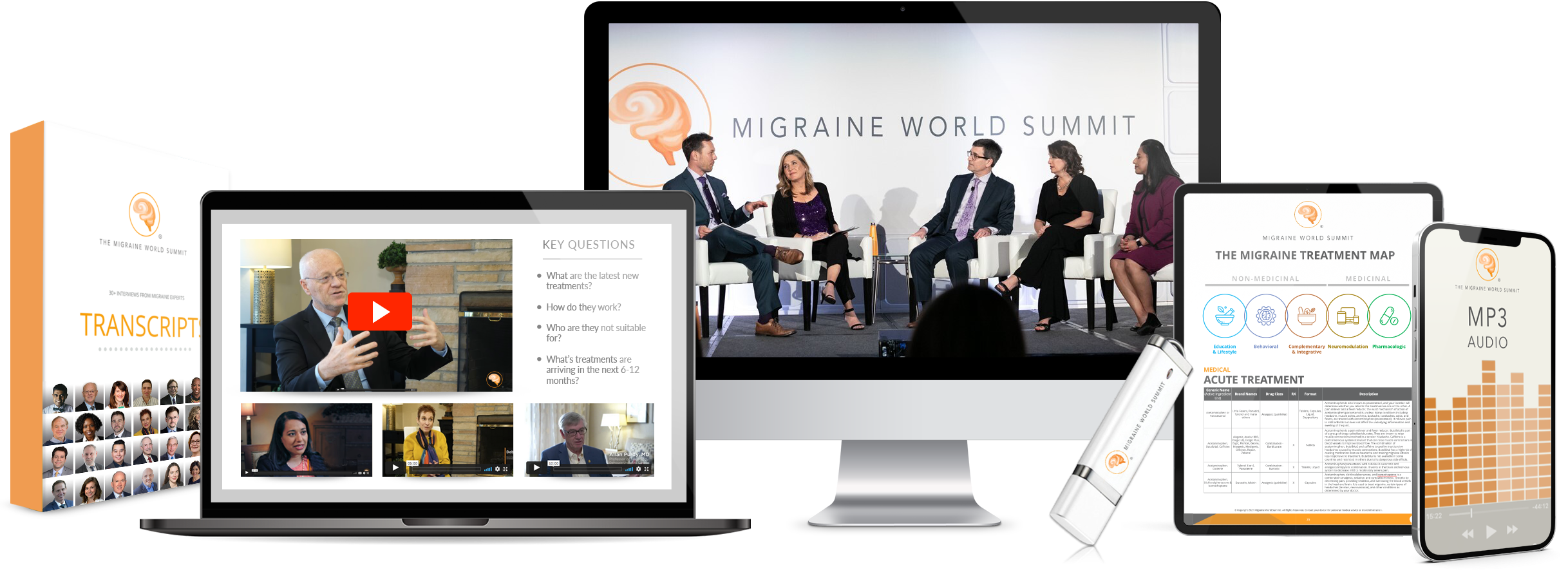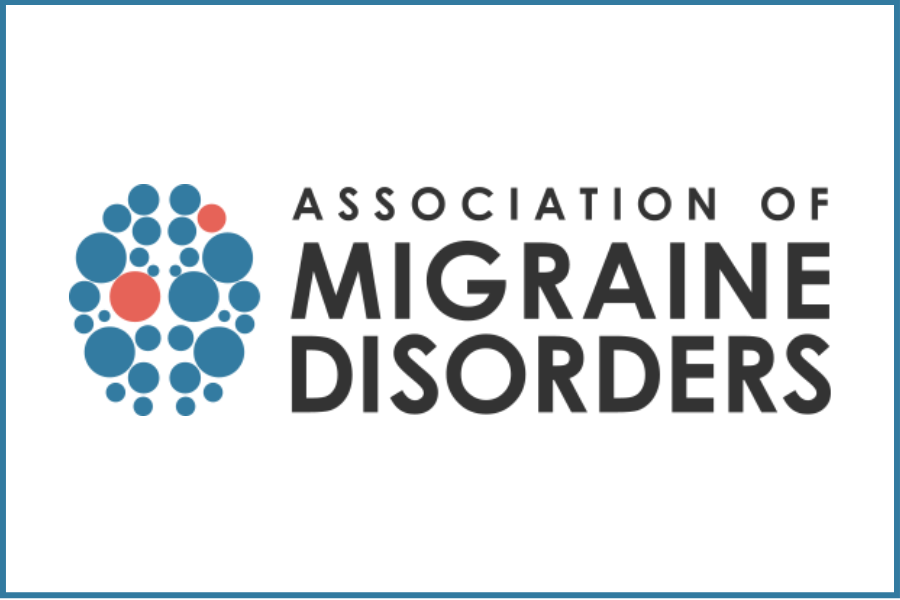Strategies to Boost Brain Health
You are currently watching a preview of this interview. Unlock the full version by upgrading to an Access Pass bundle! Get FREE access to 8 expert interviews from Day 1 and Day 2 when you register today!
Key Questions
- Does the average person take good care of their brain?
- How much brain health results from genetics versus lifestyle choices?
- Can we take steps toward improving brain health at any age?
- How do we prioritize brain health focus even while managing chronic health conditions?
- What are 10 top-recommended tips for achieving optimal brain health?
- What is the connection between sleep and brain health?
- How do movement and exercise help rejuvenate the brain and what are realistic ways to obtain these benefits even while managing migraine?
- What impact does stress have on us and what simple strategies can we use to limit its effects on our health?
- How can we eat in ways that support optimal brain health?
- How does dehydration affect cognitive performance?
- What considerations do those living with migraine need to have regarding caffeine and alcohol?
- How is social connection relevant to health and well-being?
- What does the pursuit of lifelong learning do for brain health?
- Why is engaging the brain daily in new ways important?
- What are some strategies we can use to effectively “work out” our brains daily?
- Is meditation an effective tool in optimizing brain health?
- What impact does chronic pain have on the brain?
- Is migraine a risk factor for the development of dementia?
- Do migraine medications carry risks of short- or long-term cognitive impairment?
- Is cognitive decline inevitable with aging? How can a decline be avoided through the development of a “cognitive reserve”?
- How can people access screening for memory impairments?
Interview Notes
Find more about Krystal L. Culler, DBH, MA and her work here:
- Effects of Walnuts (Juglans regia) on Learning and Memory Functions
- Recent research study on omega-6 and omega-3 fats and migraine
- The Potential Public Health Relevance of Social Isolation and Loneliness: Prevalence, Epidemiology, and Risk Factors
- Migraine and the Risk of All-Cause Dementia, Alzheimer’s Disease, and Vascular Dementia: A Prospective Cohort Study in Community-dwelling Older Adults
- 12 Modifiable Risk Factors to Reduce Dementia Risk
- Virtual Brain Health Center
- Online Brain Health Check-Up Tools and Other Resources
- Virtual Brain Health Center Handouts
Treatments Mentioned
- Brain “workouts”
- Diet
- Hydration
- Lifelong learning
- Meditation
- Self-care
- Sleep
- Social connection
Please note: The Migraine World Summit’s aim is to bring you a variety of perspectives and expertise, independent of bias or judgment. Alternative theories presented in this video have not been medically reviewed. Views expressed in this interview do not necessarily represent the views of the Migraine World Summit. Please always consult your health care professional and do your own research before making changes to your treatment plan.

Krystal L. Culler, DBH, MA
Founder & Creative Director
Virtual Brain Health Center

Get all the 2025 interviews, videos, audio, transcripts, and more. Why upgrade?
- Can’t attend live? Watch anytime
- Prefer reading or listening? Get transcripts and audio
- Want to dive deeper? Explore the additional footage & resources
- Need ongoing support? Reference expert advice year-round
- Lifetime access to 2025, no annual fee
Related Talks for: Day 5 (2022)
Long-Term Effects of New Migraine Medications
Robert P. Cowan, MD
New Daily Persistent Headache: Causes, Symptoms & Treatment
David Dodick, MD
Food and Diets: A Nutritionist’s Take On How They Affect Migraine
Margaret Slavin, PhD, RDN
The Association of Migraine Disorders (AMD) is devoted to expanding the understanding of migraine disease and its true scope. Migraine is a full body condition with a broad spectrum of symptoms, AMD is focused on including many medical specialties in the management of this disease.

Watch videos in silence or read along with the expert interview. Simply turn on CC in video controls in the lower right corner of the video. Note: closed captions are not available on preview videos or extended editions.






